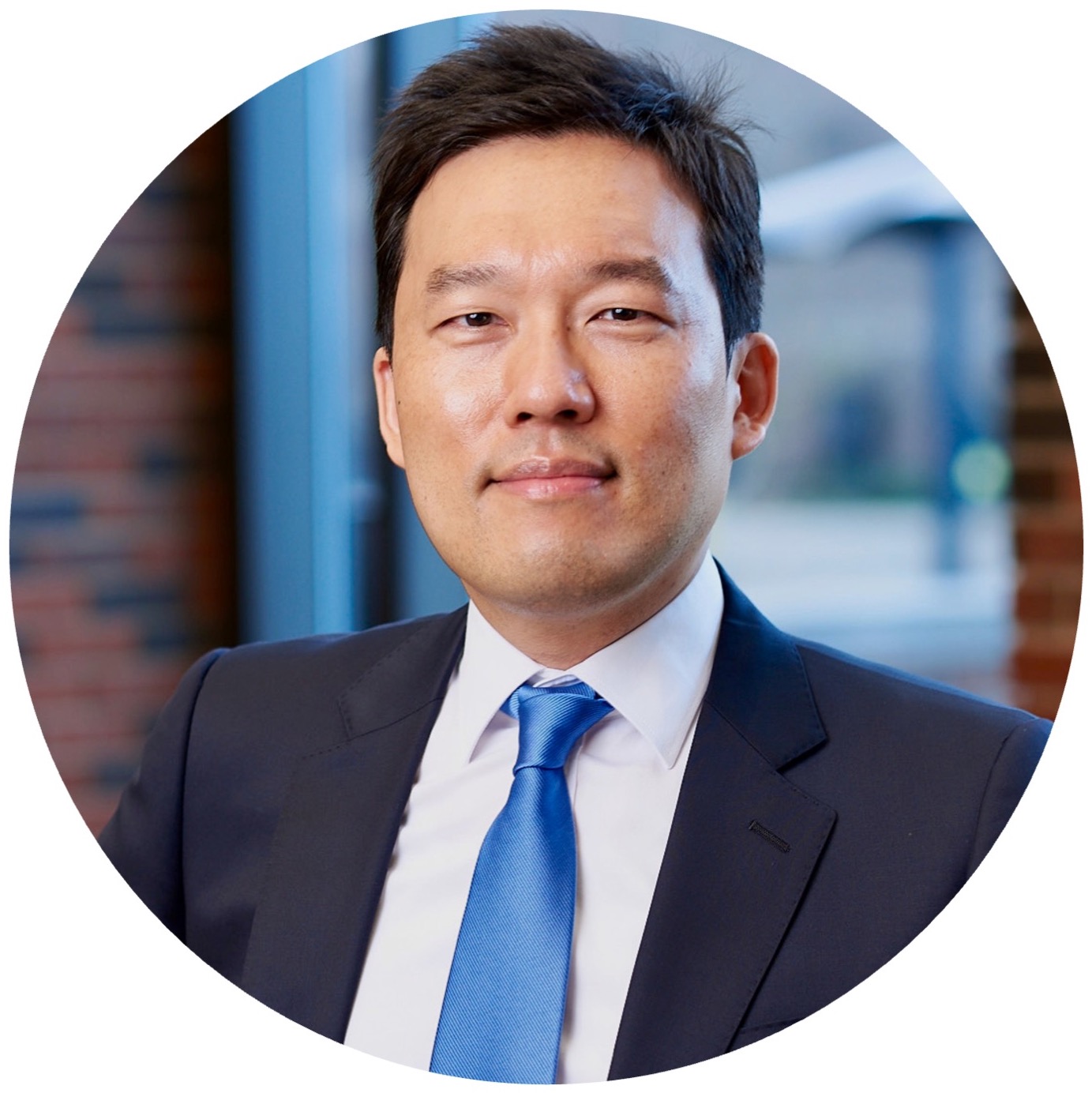Kwang Taik Kim, Ph.D., is a Research Assistant Professor of Elmore Family School of Electrical and Computer Engineering at Purdue University.
As a communications and networking researcher, he is particularly interested in 5G/NextG ajar/open RAN architectures, open edge platforms, implementation aspects of digital communications, real-time wireless networking protocols and large-scale distributed computing, and machine learning in the realms of wireless system design. His research is primarily focused on providing feasibility studies for cutting-edge theoretical breakthroughs in wireless communications and networking through experimentation with 5G and NextG wireless systems.
Kwang is a co-author of more than 35 research articles and holds 51 issued U.S. and worldwide patents, as well as over 10 pending patent applications. He has received funding from a variety of sources, including Wistron, Cisco, the United States Army Research Lab, AT&T, the Indiana Economic Development Corporation, and NineTwelve. He is now heading various initiatives on open edge platforms, Wi-Fi 6 and 5G network protocols, and software radio architectures to enable reliable autonomous systems. He co-authored the book 5G System Design – Architectural and Functional Considerations and Long Term Research (Wiley, 2018).
He received his B.S. degree in Electrical Engineering and Computer Science from KAIST, and his M.S. and Ph.D. degrees in Electrical and Computer Engineering from Cornell University. In addition to his academic position, he serves as an Executive Technology Advisor for the Purdue Research Foundation. Prior to joining Purdue, he worked at Samsung Electronics and Samsung Advanced Institute of Technology as a Principal Engineer and Senior Research Staff Member, respectively. He is the recipient of 2021 ACM MobiHoc Best Paper Award, the 2016 Samsung Best Paper Award (Gold Prize) for Communication and Network Division, the 2014 Samsung CEO Award of Honor for Technical Division, and the 2013 Samsung Advanced Institute of Technology President Award for Infinity Research R&D. Kwang has had the honor of conducting research with multiple postdoctoral fellows, graduate students, and industry engineers, and he is interested in bridging the divide between theory and practice. To that end, he has served as a contributing member of the ATIS Next G Alliance’s National 6G Roadmap and Technology Working Groups.
News
- December 2025: Our paper on AD-VRAN: DRL-based adaptive deployment of virtualized RAN in an open telco edge cloud has been accepted in the IEEE Journal on Selected Areas in Comm. (JSAC). Congrats, Mike!
- November 2025: Our paper on Minimizing Age-of-Information in Heterogeneous Multi-Channel Systems: A New Partial-Index Approach has been accepted in the IEEE Transactions on Networking. Congrats, Yihan and Sixiang!
- November 2025: Our paper on Dynamic D2D-Assisted Federated Learning over O-RAN: Performance Analysis, MAC Scheduler, and Asymmetric User Selection has been published in the IEEE Transactions on Networking.
- October 2025: Our paper on Dynamic D2D-Assisted Federated Learning over O-RAN: Performance Analysis, MAC Scheduler, and Asymmetric User Selection has been accepted in the IEEE Transactions on Networking. Congrats, Payam!
- July 2025: Our paper on QCON: Seamless QoE-Aware 5G Streaming via Multi-Connectivity has been accepted in 23rd USENIX Symposium on Networked Systems Design and Implementation (NSDI'26). Congrats, Goodsol and the whole team!
- June 2025: Kwang gave an invited talk, Harnessing NextG Edge Networks for Learning-based Robotic Systems, at Seoul National University.
- March 2025: Our paper on Key Focus and Enabling Technologies for 6G has been published in IEEE Communications Magazine. Purdue University and six leading companies released a joint roadmap to 6G: a taxonomy of 12 innovations across technology stack and over the time horizon to 2030.
Professional Activities
- Associate Editor, IEEE Networking Letters (2022–Now)
- TPC Member, IEEE/IFIP WiOpt (2023-2025)
- Guest Editor, Elsevier Computer Network Journal: Special Issue on Networked AI Systems (2023-2024)
- Member, Purdue Next G Center for Communications and Sensing (2022 – Now)
- Contributing Member, National 6G Roadmap Group & Technology Working Group, ATIS Next G Alliance (2021–Now)
- Member, 6G Roadmap Task Force in Krach Institute for Tech Diplomacy at Purdue (2021–Now)
